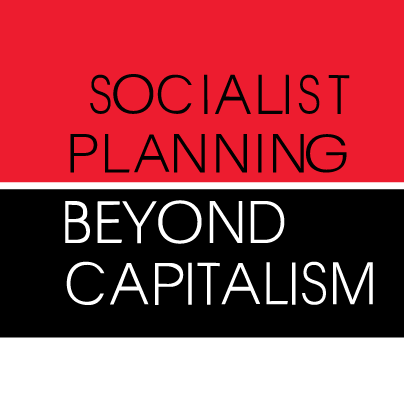- a spontaneous agreement
- a persuasive argument
- a standoff, which is settled by a chance mechanism
- a negotiation
- a standoff based on race or class differences
- an instrumental strategy for other ends
- a withdrawal of rewards
Are any of these processes political? Which one or ones (if any)? Where are you drawing the line and why?
What is the relationship between politics and power? Can you have politics without having power? Can you have power without having politics? If power and politics are related, how? Are politics and power interchangeable? Is one a meansto another? Is power the means and politics is the end? Is politics the means and power is the end?
Politics, force and coercion Let's go back to this movie issue. Suppose Sandy has been drinking, and in the past, she has been bad-tempered to her partner. She starts drinking while they are deciding on a movie. Sandy's partner starts worrying and gives in to the movie Sandy wants to watch prematurely to avoid the risk of being potentially yelled at. Is that politics?
This example is a small slice of a larger issue: what is the relationship between politics and force or the threat of force? Is violence an inherent part of politics or is politics what you do to win someone over without being violent? Some political theorists like Bernard Crick say that politics is the art of compromising when you know you cannot get what you want. Others say that the whole political system is based on violence because the entire class system is based on exploitation and force. All attempts to change things must come up against this militaristic force which protects the rulers. Some say that only force is political and that the state is the ultimate political actor because it has, in Weber's words, a monopoly on the means of violence.
Interdisciplinary span of politics How (if at all) is politics related to economics? What is the relationship between technology and politics? Does the economy dictate politics? Does politics determine economics? Does technology determine politics or does politics determine technology? The same question could be asked about religion or mass media.
What, if any, is the relationship between theories of politics and the schools of political sociology? Is there a relationship between our answers to these political questions and schools of political sociology? In other words, are there consistent answers to these questions which are given by political pluralists? Is there a consistency in the managerial/elitist point of view that answers the same questions? Is there a thread which runs through the classperspective which will answer these questions quite differently?
What, if any, is the relationship between theories of politics and political ideologies? Is there a relationship between a consistent set of answers to these questions and whether you are a liberal or conservative? How will the answers of social democrats, communists and fascists be different than that of either anarchists on the left or libertarian capitalists on the right? We will see that the answers the schools of political sociology give to these questions will have overlap but are not the same as the answers political ideologies might give. For example, the bio-evolutionary reading of politics has, in the past, been connected to fascism. However as feminist evolutionary psychologists point out, it is possible to have a Darwinian take on answers to political questions and be a conservative, liberal or even a Marxist in political ideology.
As it turns out these questions can be answered with some consistency and coherency by seven different theoretical tendencies within the study of politics. We will now turn to these schools and their theoreticians.
Old Institutionalists (mainstream political science)
If you care to recall your high school or college civic classes, the manner in which politics was presented was probably derived from the institutional theory of politics. Of all the schools of politics, the institutionalists address the twelve questions above in the narrowest way. Politics for this school involves only state organs and state processes.
State organs: government
Institutionalists focused on government organs - constitutions, legal system, the branches of government, political parties, pressure groups and elections. The early institutionalists referred almost exclusively to the political institutions of the United States and western Europe. These "democracies" were taken to be the best of all possible worlds, and were taken as given, rather than studied critically. The old Institutionalist understanding of historical change was based on modernist assumptions of gradual linear progress with Western "democratic" politics at the apex. This has changed somewhat in recent years. Government is seen as the vessel of politics.
State processes: governing
The process of politics is governing. Governing is a larger process which refers to general patterns and interlocking systems across both public and private spheres by which all social life is organized and managed, whether it be a monarchy, aristocracy or a democracy. Governance is a process; government has institutions for implementing and sustaining that process. Some scholars say that there can be governance without government and that networks might replace them. Institutionalists counter that networks are incapable of coping with conflict and reconciling collective goals.
Governing involves two tasks:
- deciding on collective goals for society
- devising mechanisms through which those goals can be attained
These two tasks must satisfy four conditions:
Next Page 1 | 2 | 3 | 4 | 5 | 6
(Note: You can view every article as one long page if you sign up as an Advocate Member, or higher).





